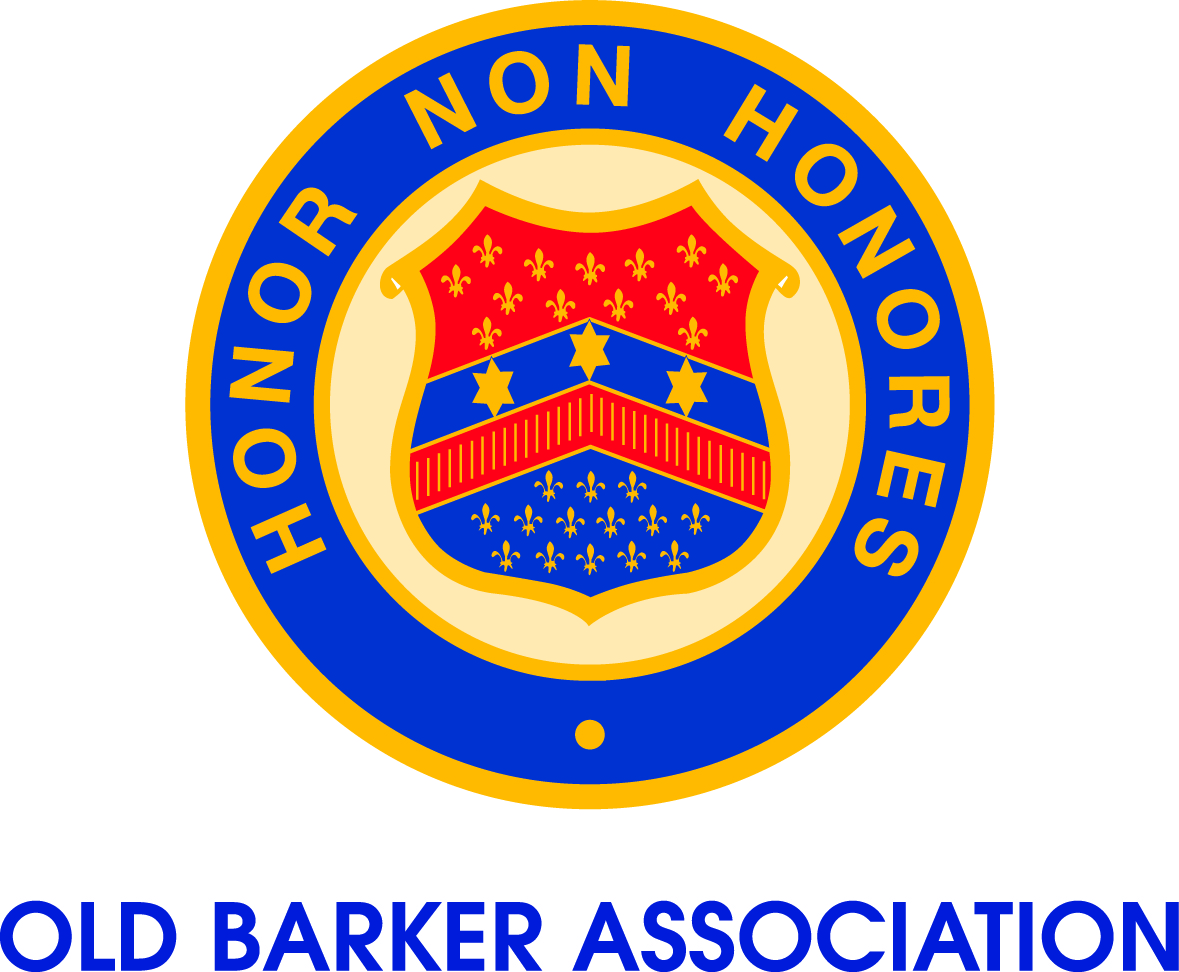
|
Know Your School – Barker and World War Two
Sunday, 7 September 2015
|
|
This week, as we commemorate 70 years since the conclusion of World War Two, we look at the War’s effect on the Barker community. During the six years of the War, over 800 Barker old boys enlisted to serve with Australian and overseas military units. A number of these men had also served in World War One, whilst others were recent school leavers. Sixty-nine of these old boys paid the ultimate sacrifice, dying in the battlefields across Europe, Africa and the Pacific and in Australia whilst on training. Wing Commander Richard Blomfield (at Barker 1905-1907) was the first old boy to lose his life, dying on March 16 1940 whilst serving with the Royal Air Force. The Head of Barker, William Leslie, ensured that every individual who fought was remembered by Barker students and their sacrifice honoured. “Each morning after assembly we observe a minute’s silence in memory of our kinsmen who have already paid the supreme sacrifice and out of respect for those who are offering their lives in the cause of liberty and truth” (The College Barker, December 1940, p. 54). Early in 1940, Barker students unanimously decided to forgo prizes at the Annual Sports Day and Speech Day, with the funds normally spend on prizes being directed towards the War effort. This remained in place for the duration of the War, with students being presented with certificates instead of silver trophies and books. Donations, totally hundreds of pounds, were distributed amongst the London bomb victims, the Red Cross, the War Orphans’ Appeal and King George’s Fund for Sailors. Furthermore, in 1941, Barker boys made the decision to contribute a penny a week to the Red Cross for prisoners of war. Barker musicians gave of their time to support the War. Regularly during 1940, the Swing Band performed for returned servicemen at the Anzac Buffet in Hyde Park. The Swing Band also played at dances, fetes and barbeques organised in support of the War effort. Rupert Nelson, who, during the early years of the War played the banjo in the Swing Band, went on to serve his country and lose his life at Balikpapan, Borneo in 1945 at the age of 22. The Junior School also organised musical evenings featuring the Junior School Orchestra to aid in the School’s War effort. In 1941, one of the most popular activities amongst the boarders was the making of camouflage nets. Under the supervision of the Head’s wife and daughter, Barker students made over 100 nets that were sent to Australian troops abroad by the National Defence League. Upon completion of the 100th net, Mrs Leslie organised a special supper for the boys, with the highlight of the evening being a huge cake decorated with guns and soldiers under a miniature camouflage net. Peter Nickoll was singled out as being particularly gifted in the art of net making, completing 15 nets by himself. The Barker College Mothers’ Association also assisted with the War effort. “At the June meeting… Mrs Leslie suggested that the mothers might like to help in her plan to send hand-knitted sox to all the old boys of the School who have joined the fighting forces. Accordingly, a Knitting Circle which meets once a month, was formed, and already 40 pairs of sox have been sent to old boys” (The College Barker, December 1940, p. 61). The BCMA raised money to buy the wool by charging a small admission fee to the showing of a colour film on Taronga Zoo. The end of the War brought great excitement to Barker “The entire populace – not excluding the School – went slightly mad, there certainly was something to celebrate! We were in the midst of our exams, and we finished them! For this great effort the Head flattered us with six days extra holiday. In this way, Barker celebrated V-P Day” (The College Barker, 1945, p. 397). The School continues to remember the events of World War Two and the old boys who served their country through the War Memorial Chapel and the World War Two Steps. Each year, the whole School gathers on Anzac Day to read the names of the fallen and reflect on their sacrifice. Lest we forget. Caption: The Barker College Swing Band playing at the Anzac Buffet, 1940 |